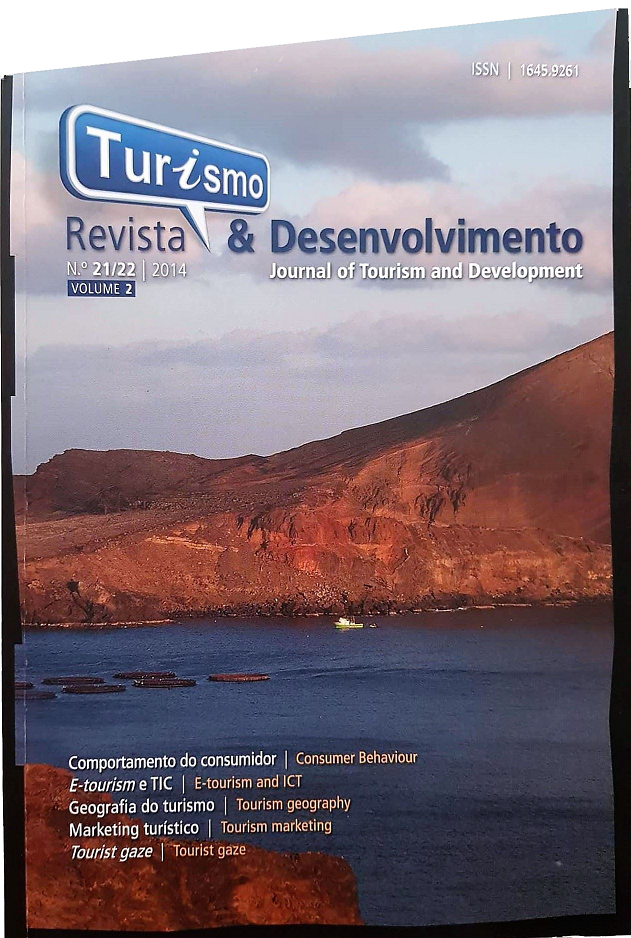Spanish and Portuguese hotel corporations on the Northern Littoral of Bahia and the challenges of environmental policies
Resumo
Considerando as políticas ambientais e territoriais, este estudo centra-se na análise dos investimentos no Brasil das cadeias hoteleiras espanholas e portuguesas, particularmente em complexos turísticos residenciais no Litoral Norte da Bahia. Na base de um inquérito realizado junto dos responsáveis de um conjunto destas empresas, constatou-se que os principais obstáculos que enfrentam na sua internacionalização para o Litoral Norte da Bahia são as peias burocráticas, o moroso processo de licenciamento ambiental e a falta de conhecimento sobre o mercado. O enquadramento ambiental, territorial e urbanístico dos projetos é a principal área de conflito entre as empresas e as instituições que superintendem o ambiente e o licenciamento. O reduzido número de técnicos capazes de ir ao encontro das suas necessidades ao nível estadual e municipal é um fator determinante na explicação dos atrasos na aprovação dos projetos, muitas vezes causando prejuízos significativos às empresas. Este estudo apresenta uma caso paradigmático a fim de analisar a política ambiental brasileira, levando em conta o processo em curso de transformação económica do país, em particular no que respeita às relações com investidores estrangeiros.





